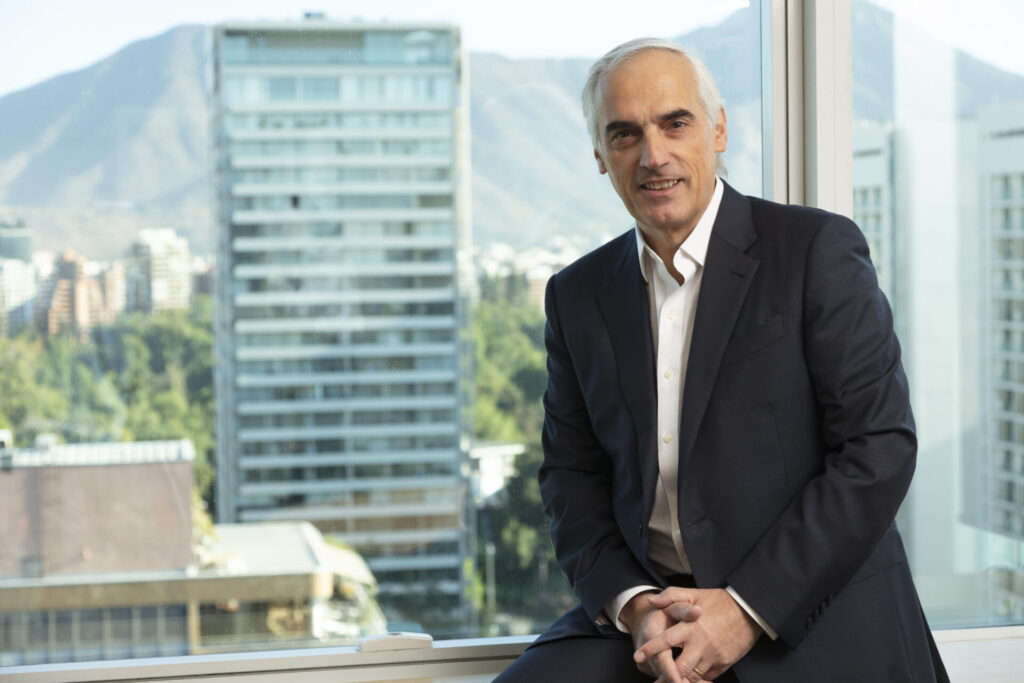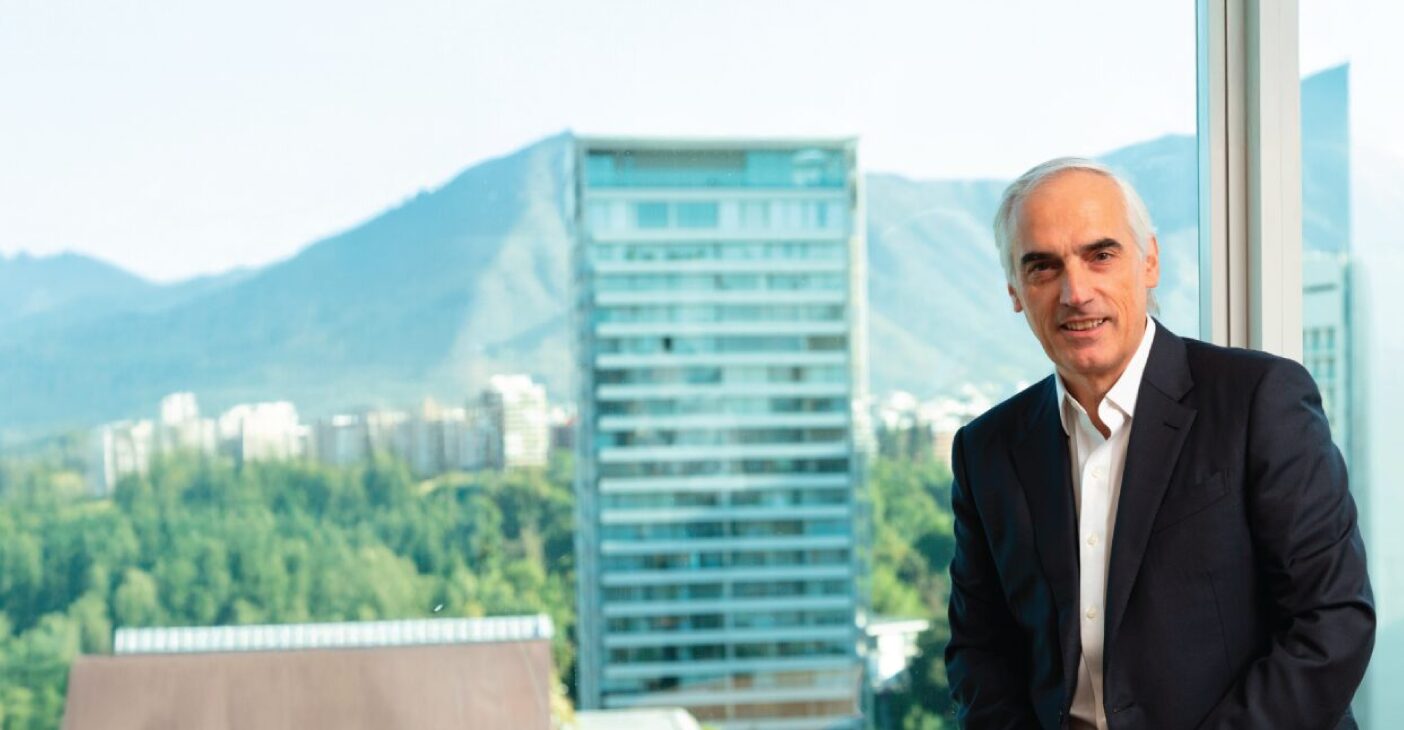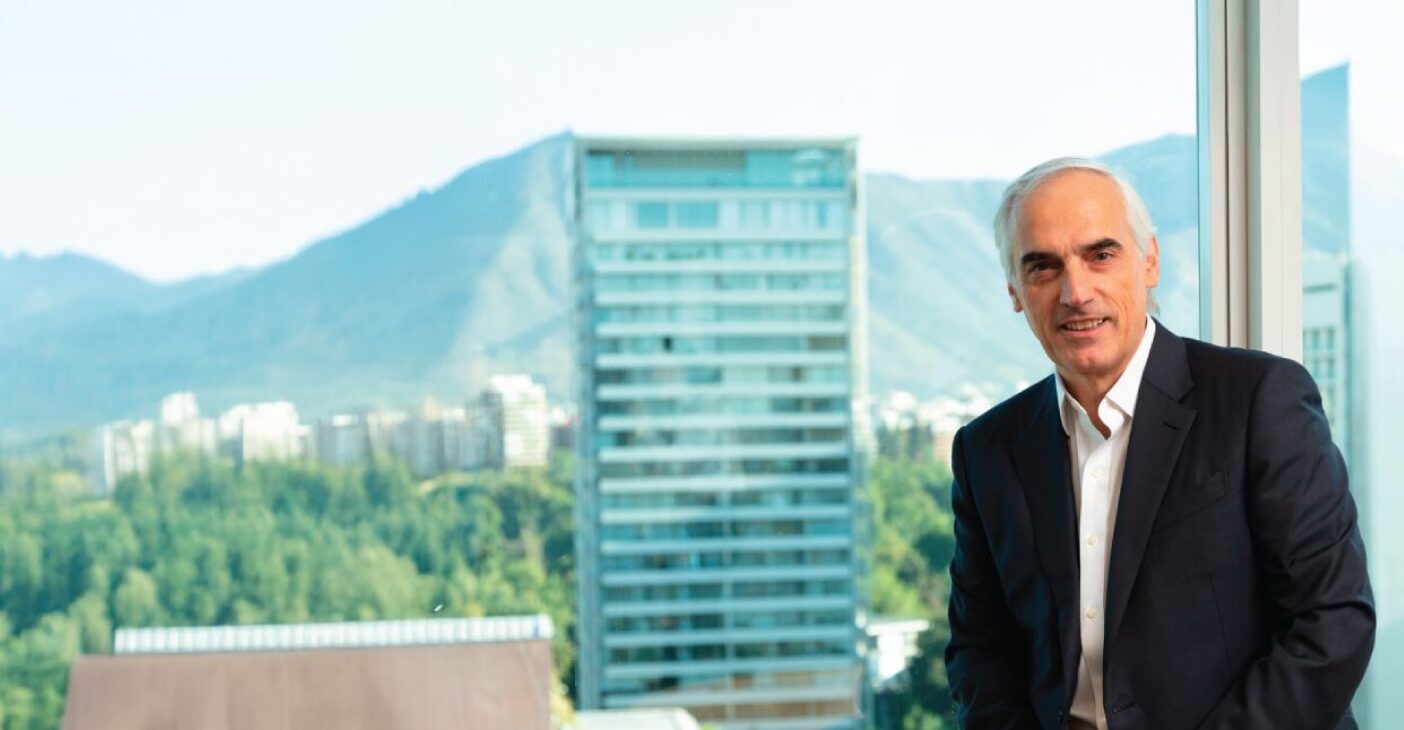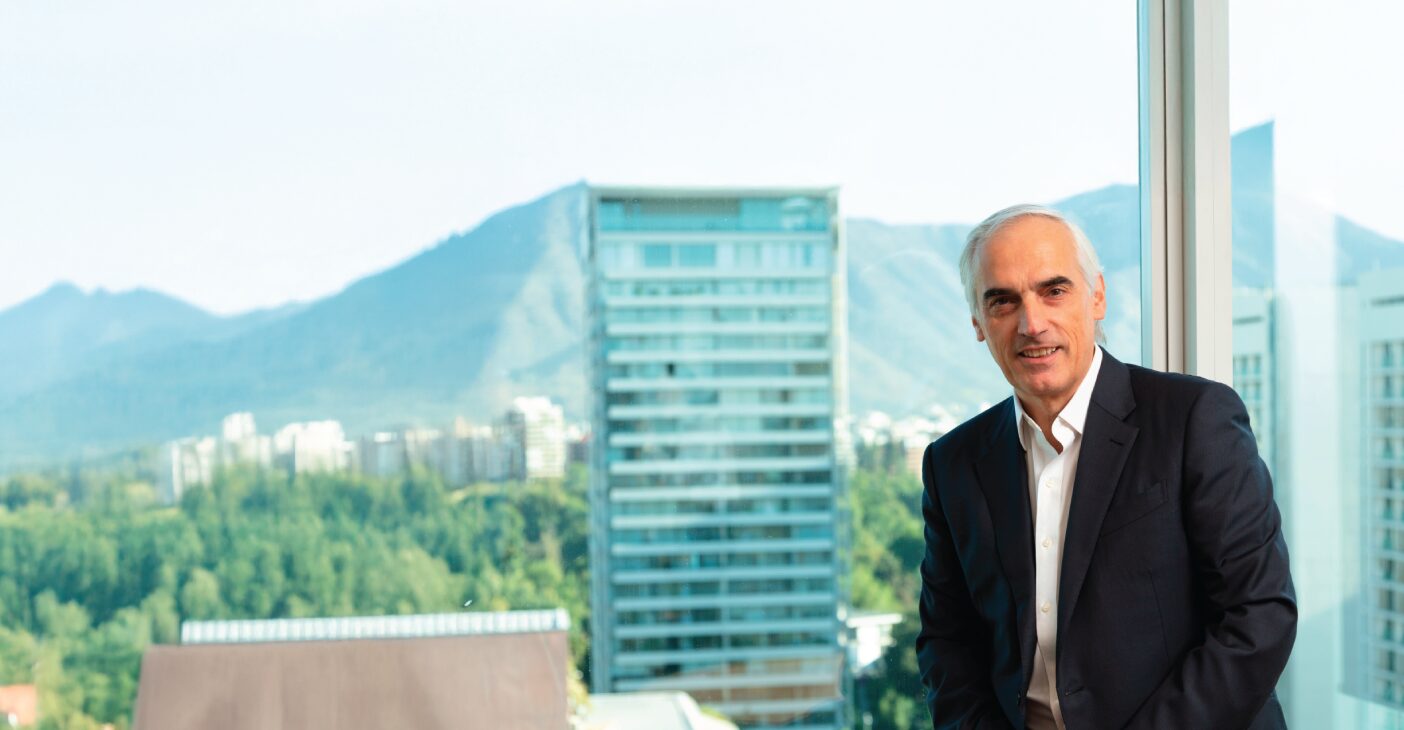When imagining the future, it seems inevitable to ask ourselves: how do we dream what our country will be like in the next two or three decades?
A necessary and urgent question, which seems to find increasingly limited answers. While in the past there seemed to be collective dreams of progress and development for Chile, today there is a worrying shortage of projects. The collective ones are disappearing, and the personal ones are limited. We have reduced our aspirations to the immediate, losing the ability to imagine, project or dream that society we want to be in the future, and for which we can work today to make it come true. Tomorrow’s goals, today’s sacrifices.

Those of us who participate in the business world, or in an entrepreneurial activity, are dreamers by nature. We are not satisfied with what exists, but we constantly plan for what could be. We imagine, plan and realize possibilities, almost always in scenarios of uncertainty. Dreaming is not synonymous with being naive, but is the first step towards action.
To try to change the world, through what we do, optimism is indispensable, a clear stamp that distinguishes businessmen and entrepreneurs. But taking risks and believing in a given project with confidence does not mean being unrealistic, so it is always necessary to understand limits and challenging environments. Therefore, it is natural to look for the best options and scenarios to carry out investments, and that is not ideology, it is simply risk management.
“Those of us who participate in the business world, or in an entrepreneurial activity, are dreamers by nature. We are not satisfied with what exists, but we constantly plan for what could be. We imagine, plan and realize possibilities, almost always in scenarios of uncertainty. Dreaming is not synonymous with being naive, but is the first step towards action.”
Chile is not at its best moment in terms of economic growth. No one can be satisfied with the current figures, as even the country’s highest authorities have recently acknowledged. It is positive that at least we are all aware of this reality, especially after so much time wasted in discussing how little we are growing, focusing more on explaining the past than on unlocking the future. Because, if we remain paralyzed in this discussion, others are moving forward and taking leading positions in industries of the future, leveraging opportunities that we could be missing. Economic growth is a source of wellbeing for all, and is the main way to obtain resources to address the social challenges we face, in a sustainable manner.
Our country has unique advantages that we should not underestimate. With the copper price hovering around 4 dollars per pound, abundant lithium reserves, the energy transition underway and emerging sectors with great potential, such as green hydrogen, among others, there is no reason for conformism or lack of ambition. What we need is a strategic vision that transforms these resources into sustainable development, as part of a long-term project for the country. This plan must include fostering an environment that encourages investment, productivity and innovation. And this goes beyond legal improvements; it requires acting with conviction. It is a matter of attitude.
Another key is to agree on certainties. The country has been dragging along years of uncertainty on a wide range of issues. One of them is related to the tax structure. With the possible reform that is being discussed today, we would add almost twenty modifications of different scales since 1990, that is to say, an average of one amendment every two years. This is an attack against a competitive tax framework, clear rules and legal certainty, essential conditions for attracting foreign and local investment. It is not a matter of avoiding necessary reforms or discussions, but of ensuring that they are balanced, far-sighted and incorporate technical and expert voices, so that they last over time. The issue goes beyond the level of rates: investment is attracted if competitiveness is offered, yes, but above all, stability.
In addition, we need a modern and efficient State, which is a strategic partner of new projects. Once we heard an authority of a country where we have made investments tell us that we are “their clients.” This is acting for a shared project for the country, each one in their own role. The initiative being discussed in parliament to speed up permits is an important step to promote greater growth, but it is probably insufficient. It is not enough to reduce project approval times; we must also ensure that these processes provide security. Once the permits have been granted, the necessary certainty must be provided to develop a project, taking into account the legal procedures that have delayed so many initiatives in Chile. In this sense, instead of focusing solely on approving this legislation, would it not be better to carry out a more profound reform of the system? Why not rethink it from scratch and rebuild one that is up to the challenges of the 21st century? A system at the service of citizens, which, maintaining demanding compliance criteria, promotes at the same time entrepreneurship and values the investor as a partner, can make a difference. As important as deadlines is the willingness: we must move from a mindset of opponents to one of a collaborative spirit, understanding that we all win if things are done well and quickly.
We must also finish overcoming ideological prejudices that hinder our potential. In order to grow, private activity is key, not only in Chile, but in all countries that have reached development, taking advantage of their structural strengths and competitive advantages. Chile is a country of natural resources and, far from feeling embarassed about this, we should be proud of it. The forestry and mining industry, for example, are an engine of sustainable development that generates employment and boosts local economies. Building on our strengths, instead of devaluing them, is the key to move forward.
But we cannot talk about development without thinking about training of our children and teenagers. For this reason, education must be another focus of our efforts. Recent studies warn us that 60% of second grade students in Chile do not reach the expected levels of reading comprehension. This is a reality that we must change. We must urgently invest in early childhood and elementary education. The results are long term, they cannot be seen in a single election period, but they are more necessary than ever, given the speed of change that we see today in modern society.
Finally, dreaming of a better Chile also implies thinking about its beauty, culture and social cohesion. A clean and orderly country with a strong civic sense is not just an aesthetic aspiration, but also an urgent need in the face of a worsening decline that manifests itself both in the deterioration of neighborhoods and traditional areas, as well as in the increase in the perception of violence and insecurity. We must recover our pride in who we are and rediscover the value of trust and respect for others, even in the most mundane actions.
Empresas Copec is today an increasingly global company, but one that does not forget its roots, its responsibilities. That is why we have taken on the challenge of building a better future for generations to come. Our history is shaped by a long-term vision, by the development of projects that transform industries, by understanding the important role we play in environmental challenges, given the nature of its core business, as well as in the energy transition, in line with its foundational activity. And we will continue to do so, committing investments, promoting innovation and supporting education.
“Every person, organization and nation needs a clear purpose, a future project, an inspiring vision and a strategy to achieve it. Thinking about the future, reflecting, controlling our instincts, makes us more human.”
For all of the above reasons, it is important that we begin to leave behind the trap of immediacy, of winning short battles at the cost of compromising the future. As a country, we have the challenge to dialogue again, in order to plan for the long term and work on collective projects. We manage the present so much that we forget about tomorrow and, in that neglect, we lose valuable opportunities. Every person, organization and nation needs a clear purpose, a future project, an inspiring vision and a strategy to achieve it. Thinking about the future, reflecting, controlling our instincts, makes us more human.
Today, more than ever, it is the time to pause, to evoke silence, to stop and think, and to dream of the country we want to be. We owe it to future generations.



